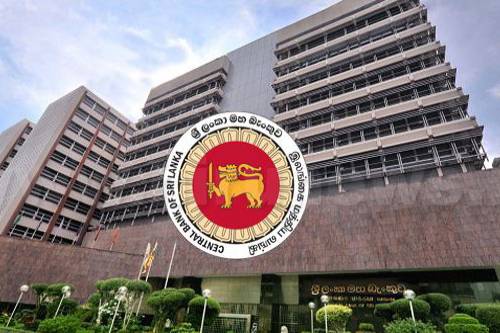Sri Lanka Central Bank has taken several key initiatives to promote cashless payments including mobile payments while strengthening electronic retail payment infrastructure.
It has also focused attention on physical infrastructure resilience and cyber security for digital payments as failures of infrastructure and cyber-attacks would directly affect the people’s trust on the reliability and safety of the digital payment methods.
This was disclosed by Central Bank Governor Dr Indrajit Coomaraswamy whe he addressed the 10th Asia Cash Cycle Seminar – 2019, in Colombo recently.
Moving on to the subject matter of the seminar, Governor stated that physical currency issued by the Central Bank is the most widely used form of payment in Sri Lanka as in many other countries.
He added that usage of alternative payment methods depends on various factors such as availability of different products, supportive legal framework, policies and regulatory system, internet and telecommunication infrastructure, etc.
With the outstanding support of several Government agencies, the Central Bank and other local institutions, the seminar attracted over 120 delegates from overseas and it was a great success, Dan Harrison, Vice President, Operations, Currency Research said.
The Central Bank co-hosted the 10th Asia Cash Cycle Seminar – 2019 with Currency Research held in , Colombo.
The Cash Cycle Seminar formally known as International Commercial Cash Operations Seminar (ICCOS) is a premier global event for stakeholders of commercial cash management, distribution and circulation.
Sri Lanka was the first South Asian nation to conduct this seminar in its 24-year old history.
Accordingly, this event brought together over 180 participants from over 34 countries including delegates from 18 Central Banks, key decision makers and managers from Commercial Banks involved in currency operations, Cash Management Companies and industry suppliers and experts.
The two days of presentations, covered trends in cash usage, the cash cycle and digital payments, emergence of digital currencies, lowering cost of cash operations, digitization and cyber resiliency, recycling ATM’s, regulating cash management companies, automation of cash centers, etc.
(LI)

